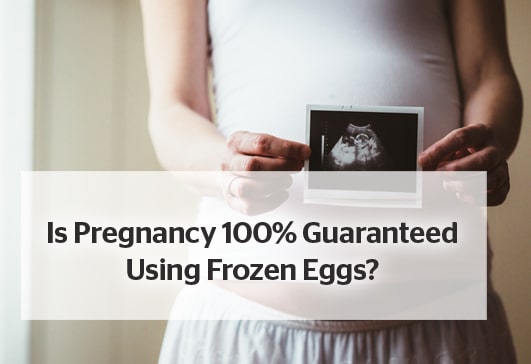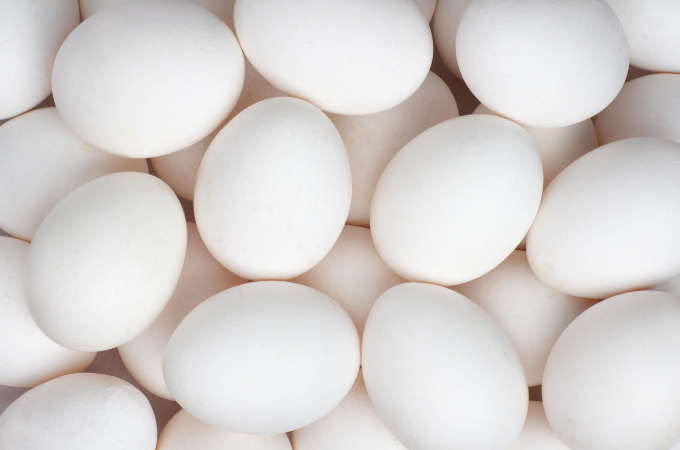
In October 2014, interest and awareness about egg freezing greatly increased due to the announcement made by Apple and Facebook that they would provide coverage for female employees. As a result, news channels like NBC4 have aimed to provide information to the public about this option through interviews and articles.
On Friday, January 23rd, NBC4 hosted an engaging Q&A on their Facebook page with Dr. Joseph Doyle of Shady Grove Fertility’s Rockville, MD office. Many of the questions asked touched on areas that Shady Grove Fertility hasn’t traditionally covered before and provided a wealth of interesting egg freezing information.
Here are the top questions about egg freezing asked by Facebook users:
1. “Is pregnancy 100% guaranteed?”
Answer: The chances of conception using frozen eggs is dependent on the age at which the woman froze, as well as her ovarian function. The range of pregnancy rates is 20-50%, with the average being 45.8%. For example, if you are 38 or younger using frozen eggs, the pregnancy rate is 50%. An important point to consider when looking at conception rates is that the average fertile couple only has a 20% chance of conception each month.
2. “If at a later time you choose to dispose of the eggs (get pregnant on your own or decide not to use stored eggs), what are your options?”
Answer: Great question. Should you get pregnant naturally or simply decide that you no longer need your eggs, there are a couple of options. Your options are that you can donate them to research or another individual (we would assist you with either of these options) or you can ‘discard’ them, which most people are comfortable with because it is not an embryo (the eggs have not been fertilized when you freeze them). Ultimately, they are your eggs so you can decide what you prefer to do with them.
3. “How do I know my eggs will result in a pregnancy?”
Answer: Having 20 eggs allows multiple attempts at pregnancy. Women 37 years or younger, who are able to freeze 20 eggs, can expect an 80% cumulative delivery rate using those eggs, i.e. have a baby.
4. “How long do the eggs remain viable?
Answer: Technically, once the eggs are placed in the liquid nitrogen, they are essentially suspended in time. For example, if you freeze at the age of 30 and come back to use them in 5 years, they will be the same quality as when you froze them at 30.
5. “I plotzed when they said you could hold off on pregnancy until 50! Is that true?”
Answer: As always, the best way for couple to try to have a baby is naturally. In the event a couple cannot achieve pregnancy on their own, using frozen eggs acts as their backup plan and therefore, many women will come back several years after freezing. That being said, the absolute latest we recommend that women try for a pregnancy using their frozen eggs is by a woman’s 51st birthday, however, the vast majority of women do it far earlier than that.





